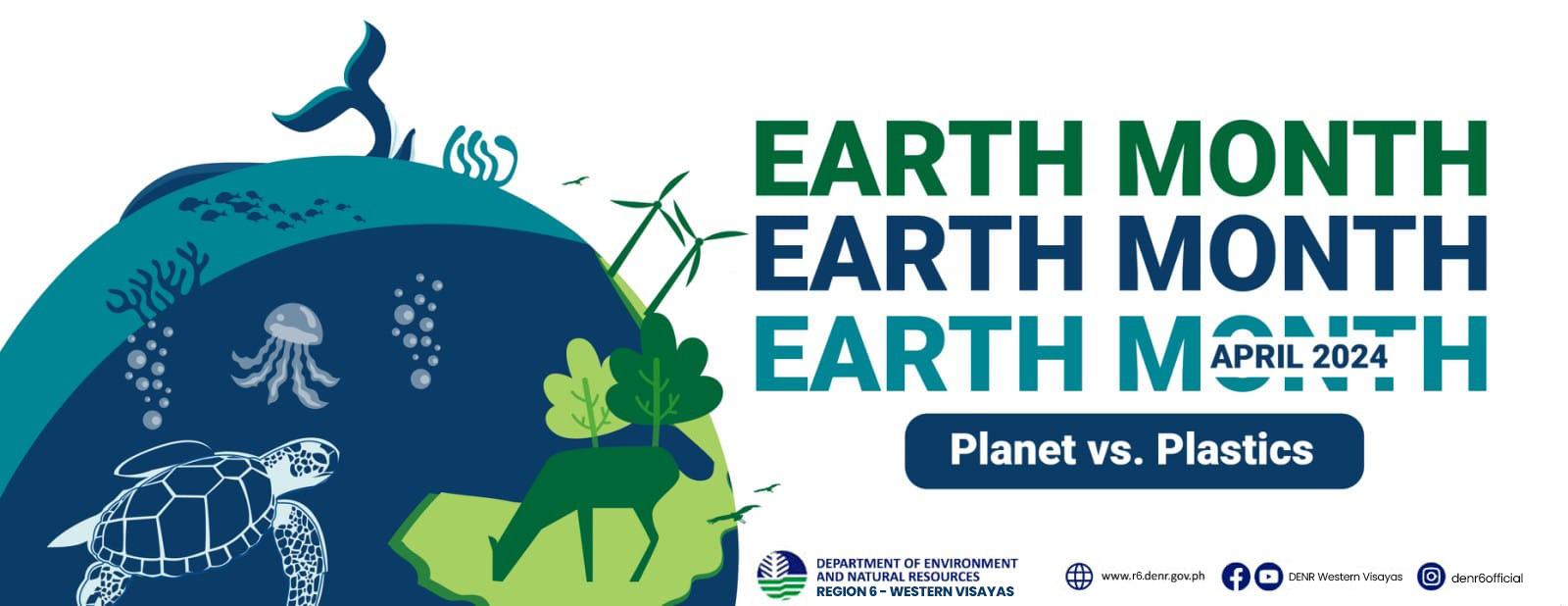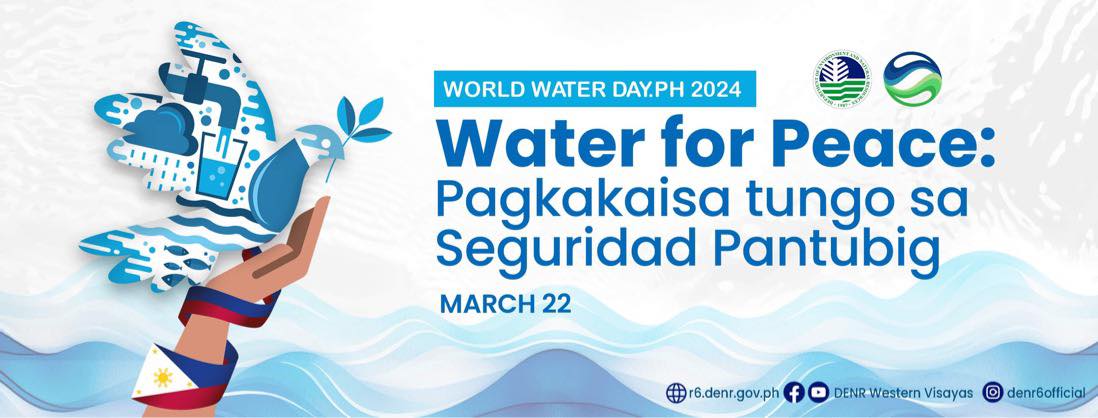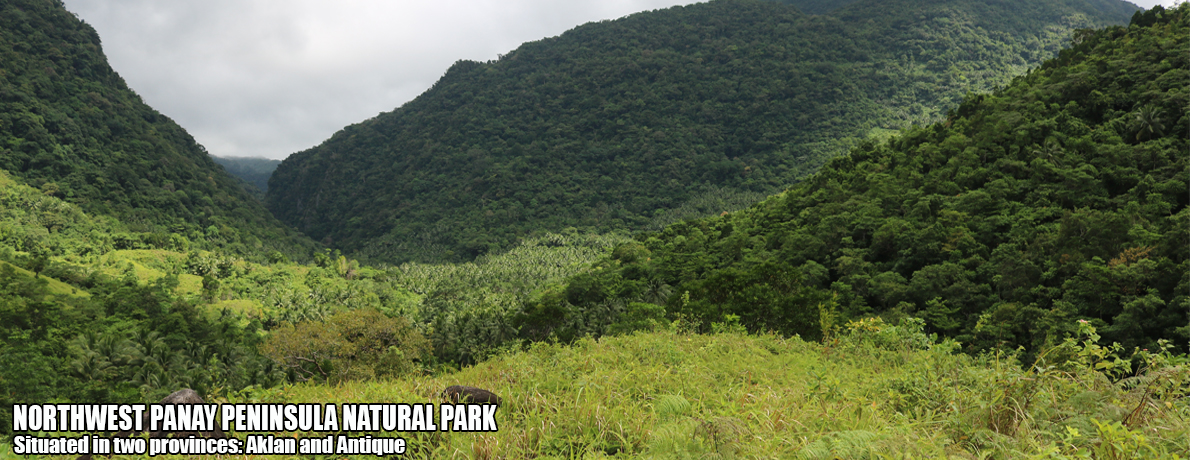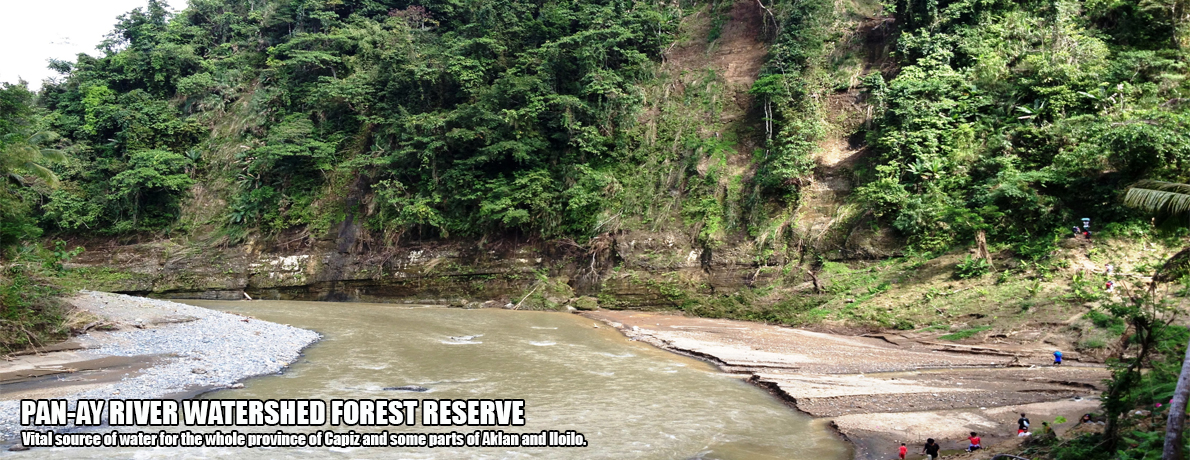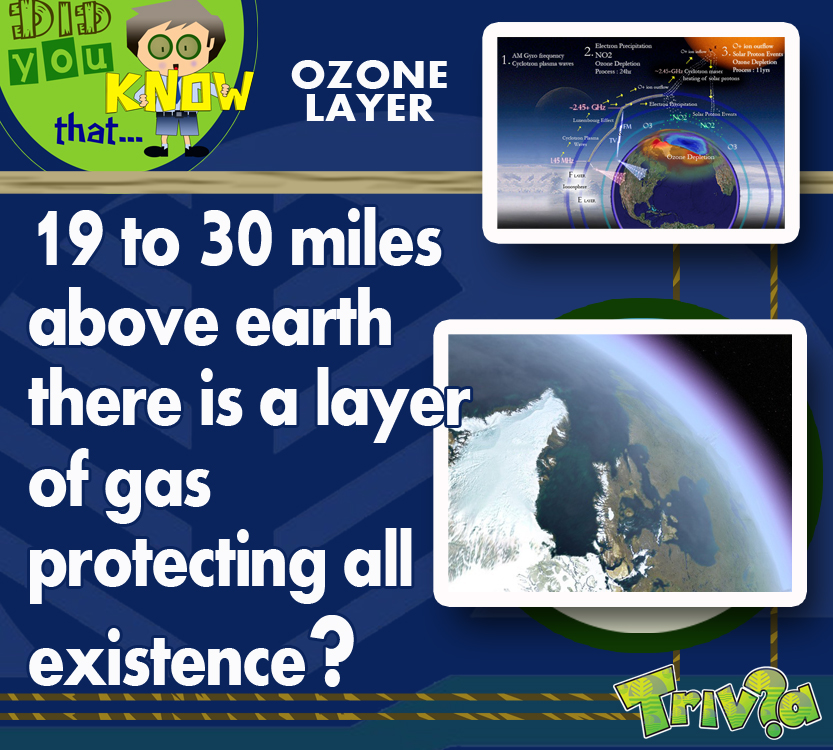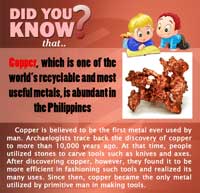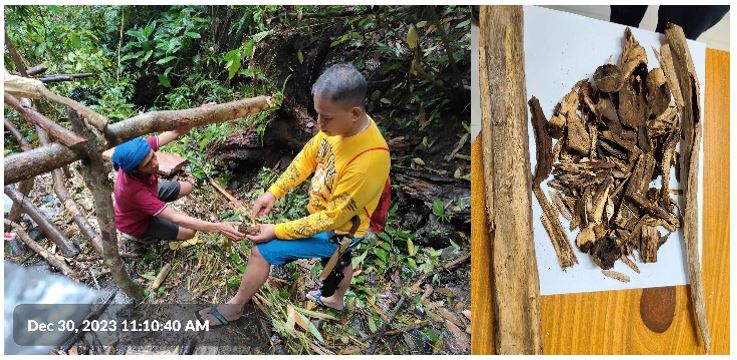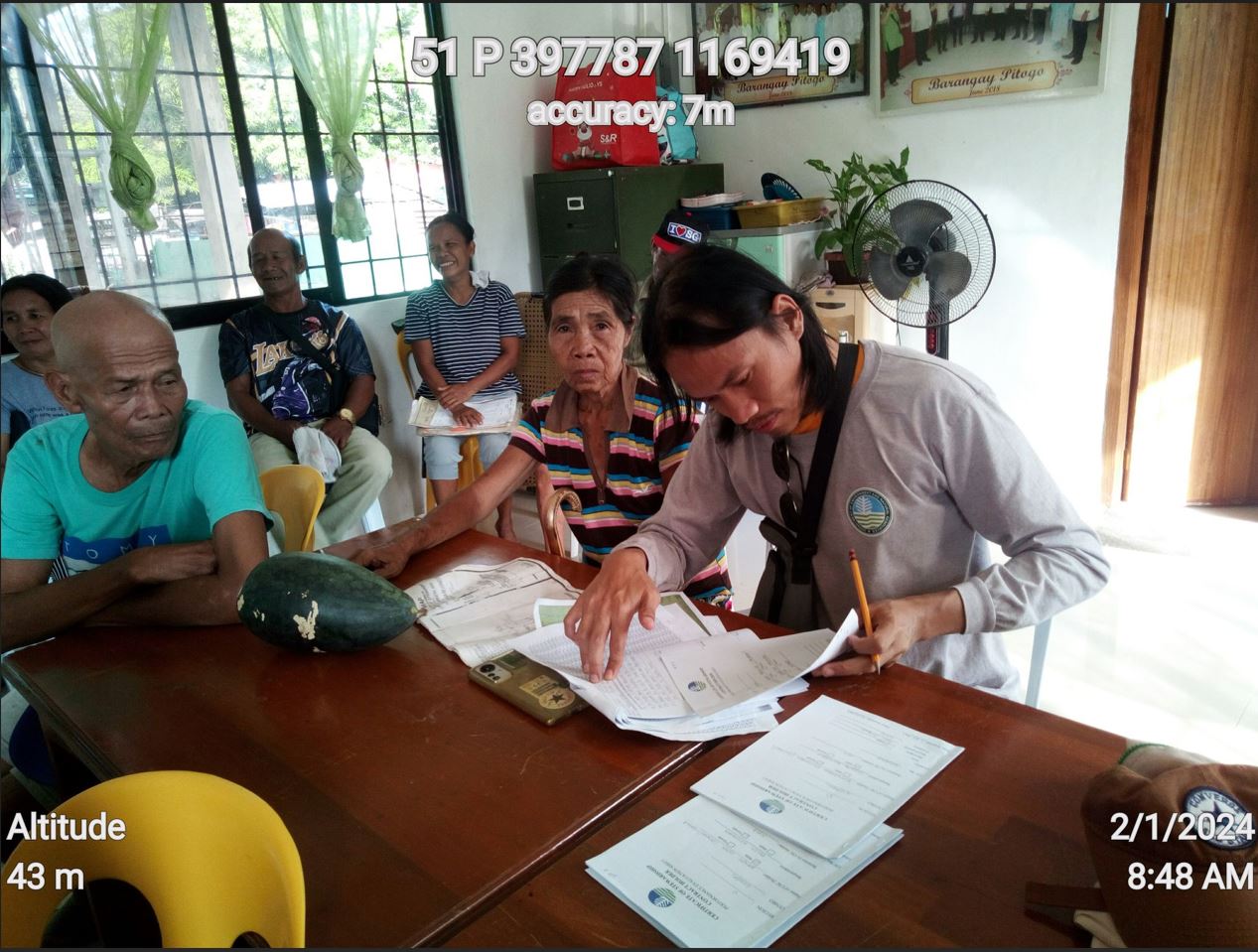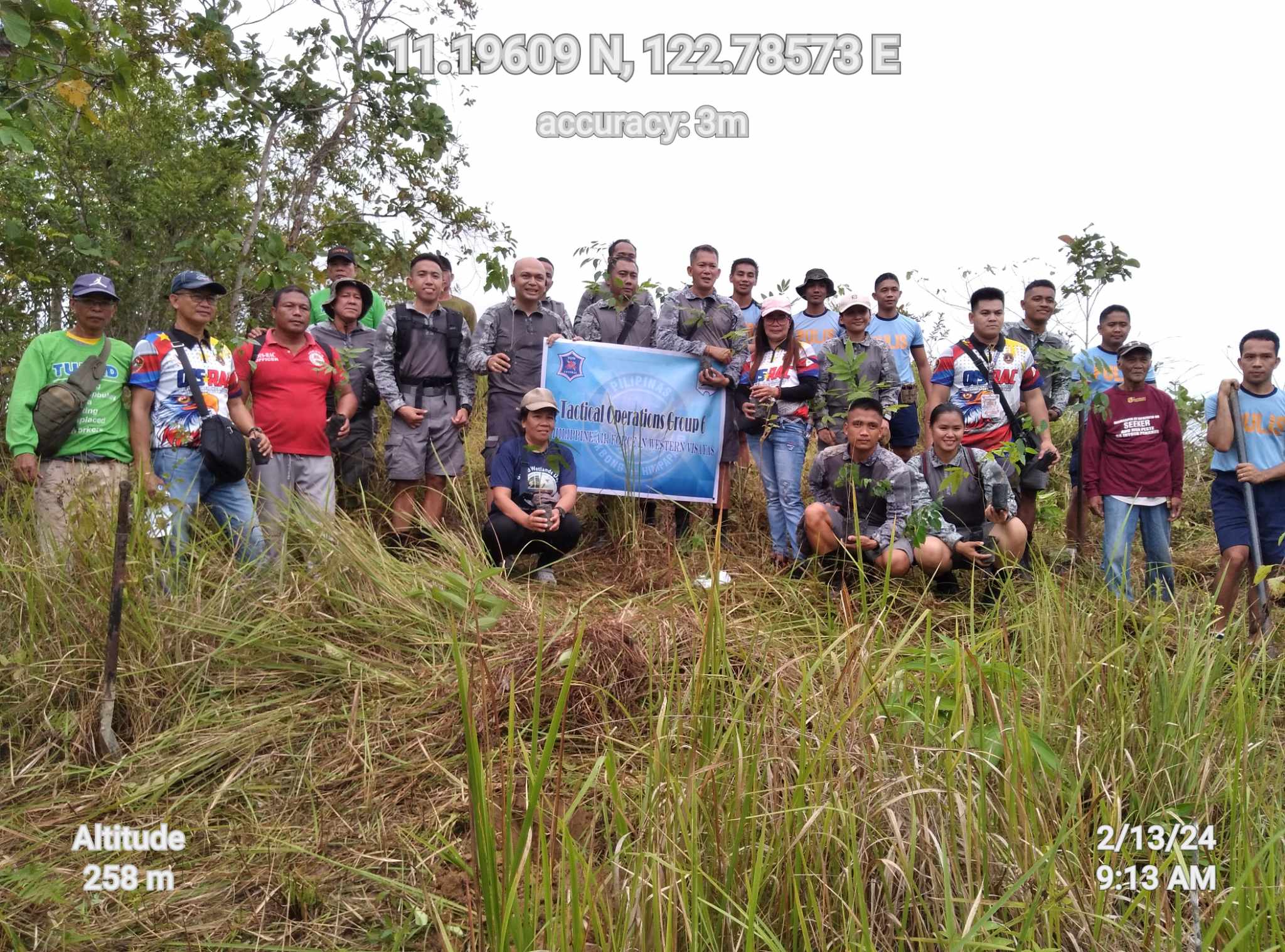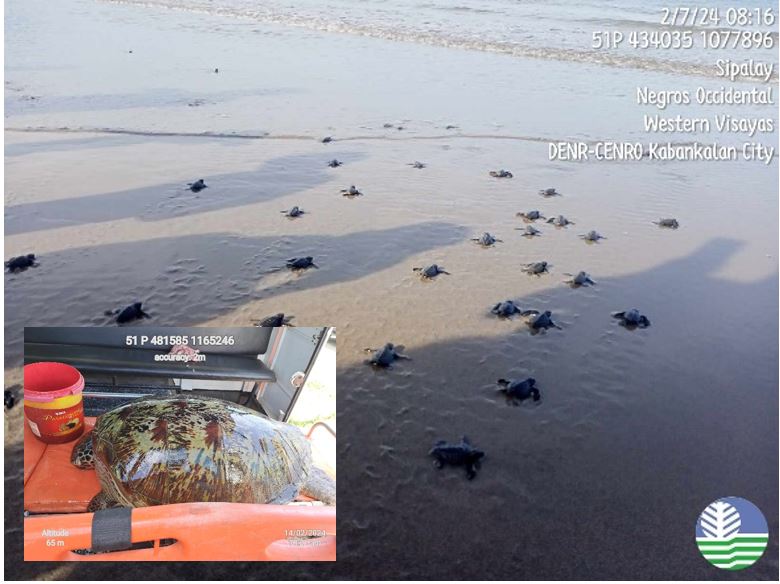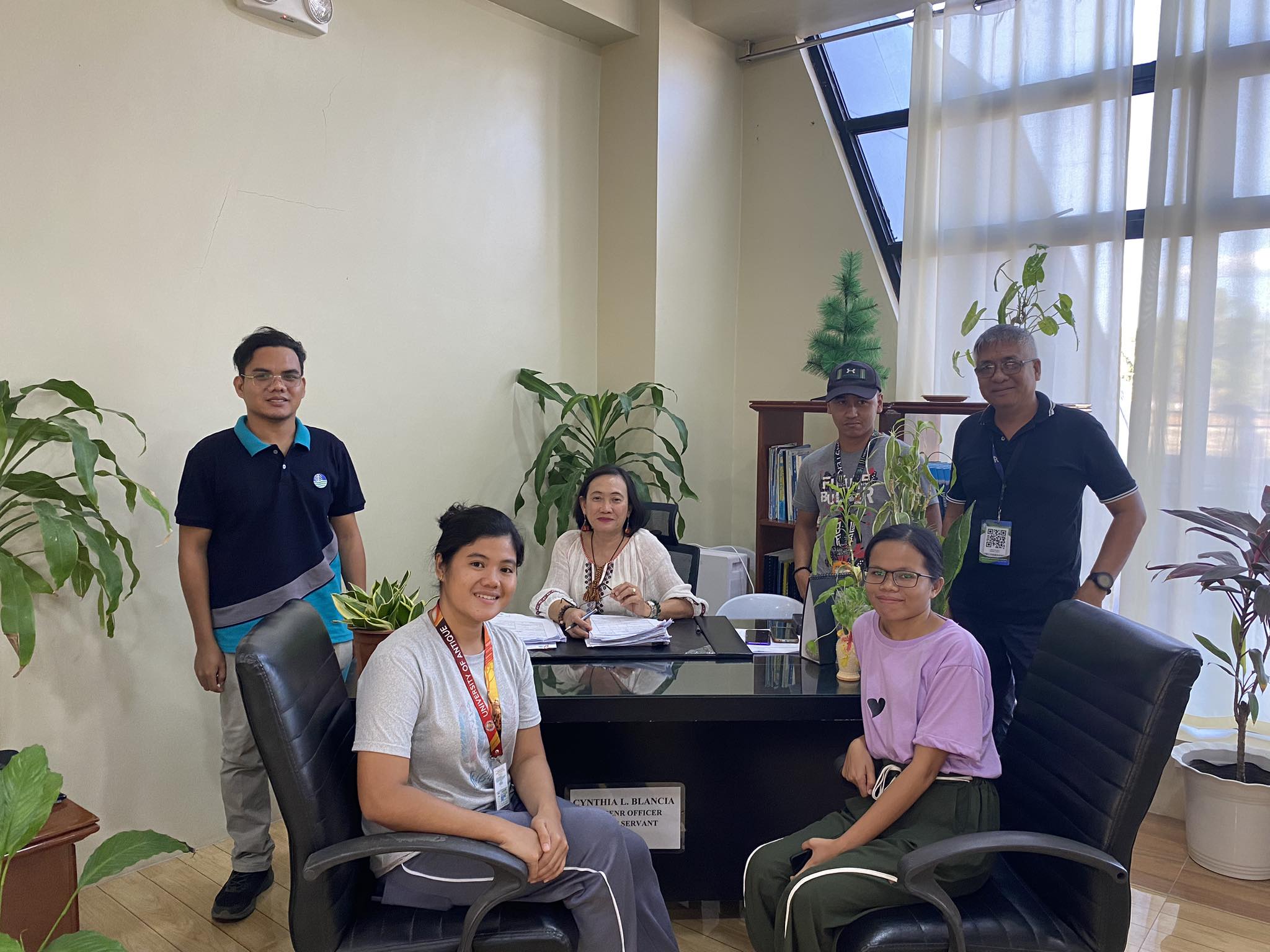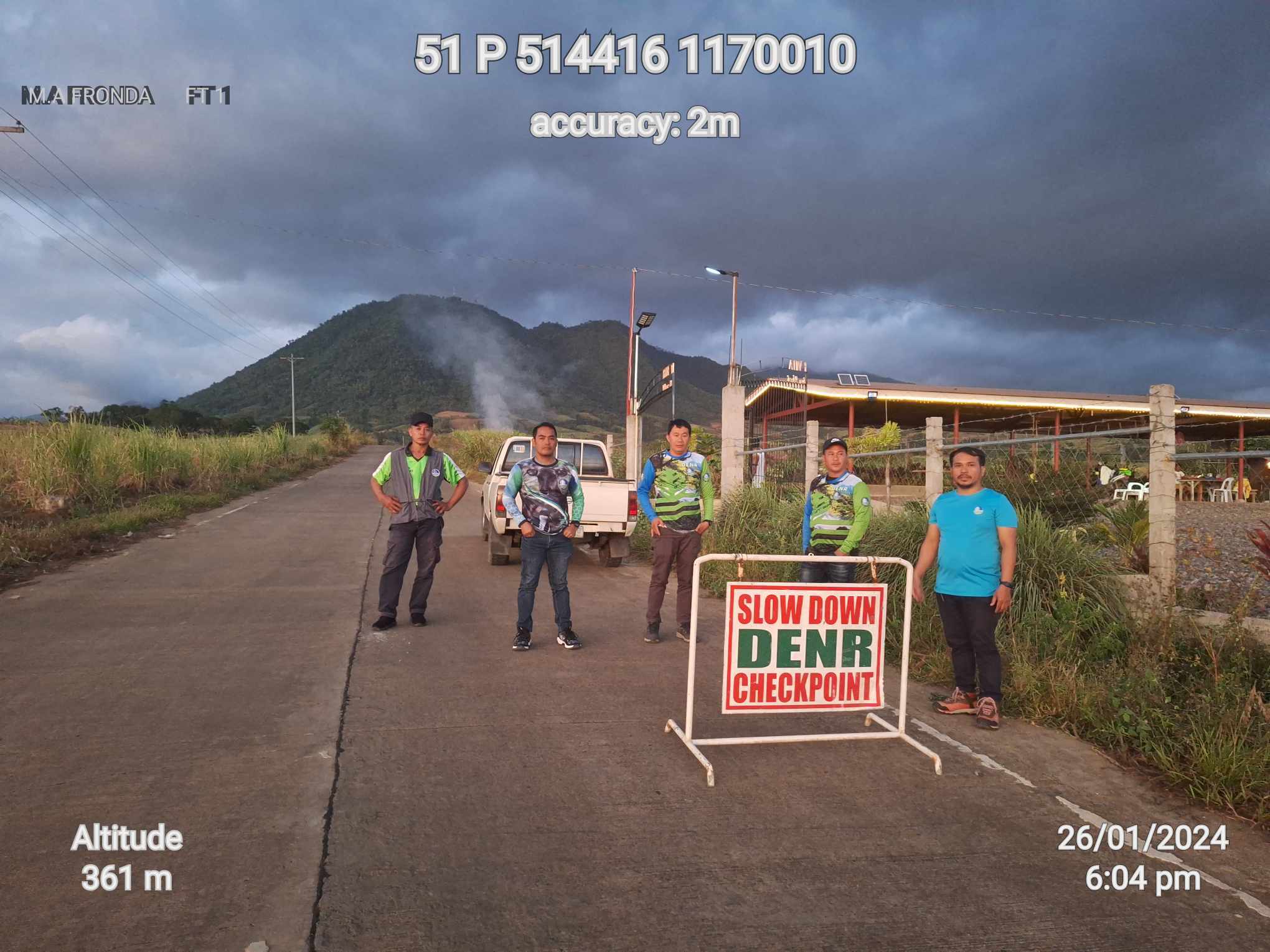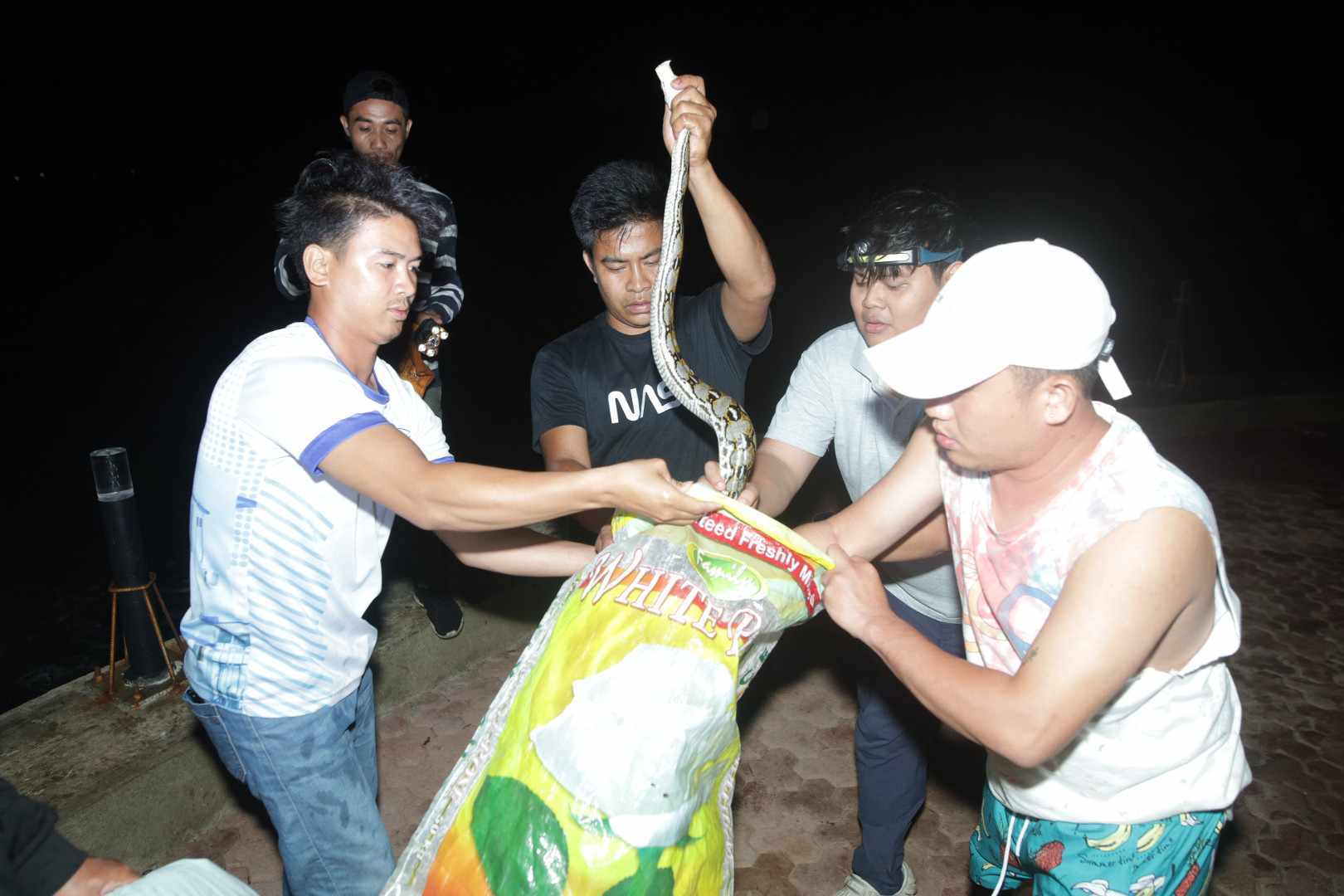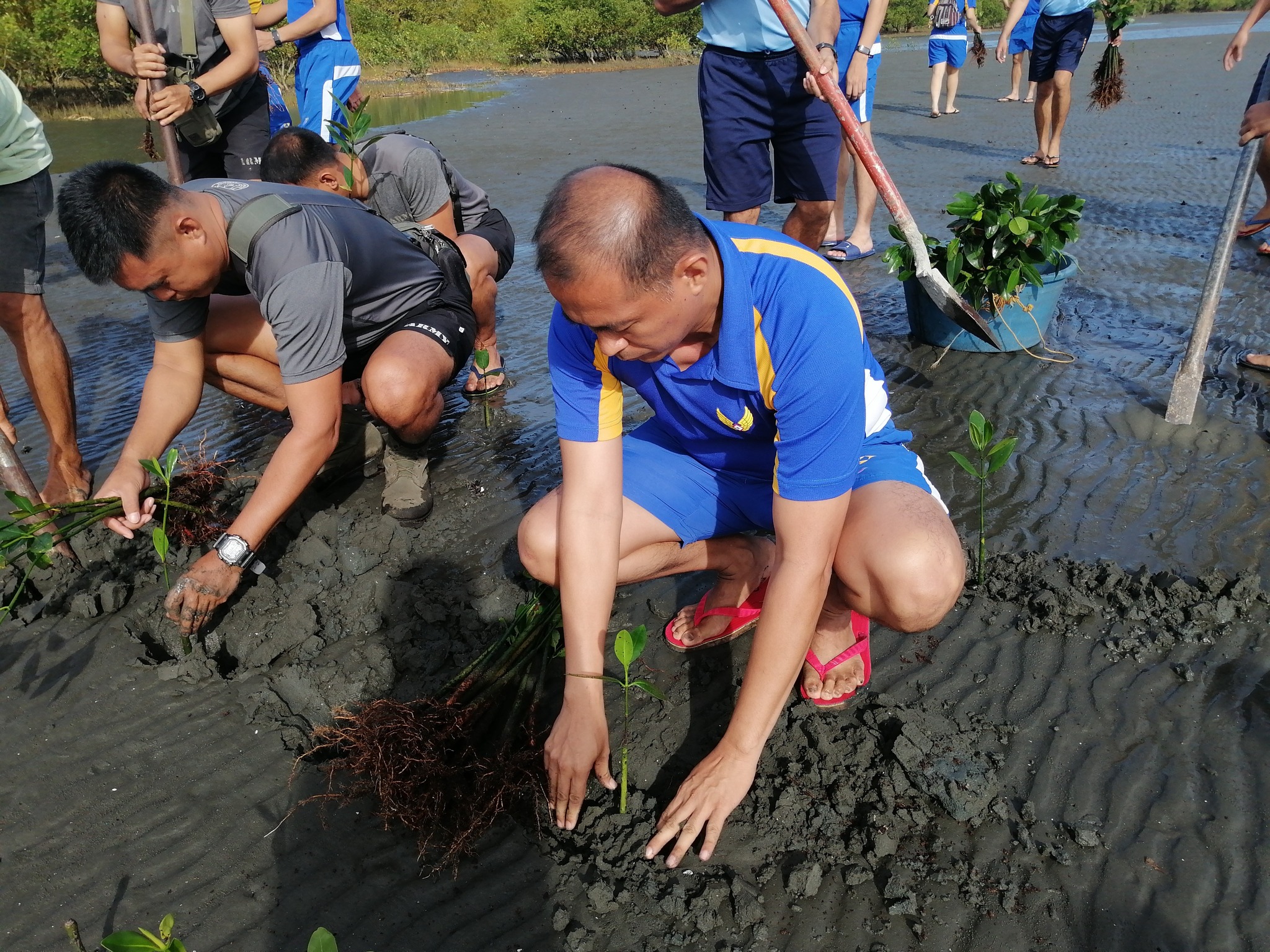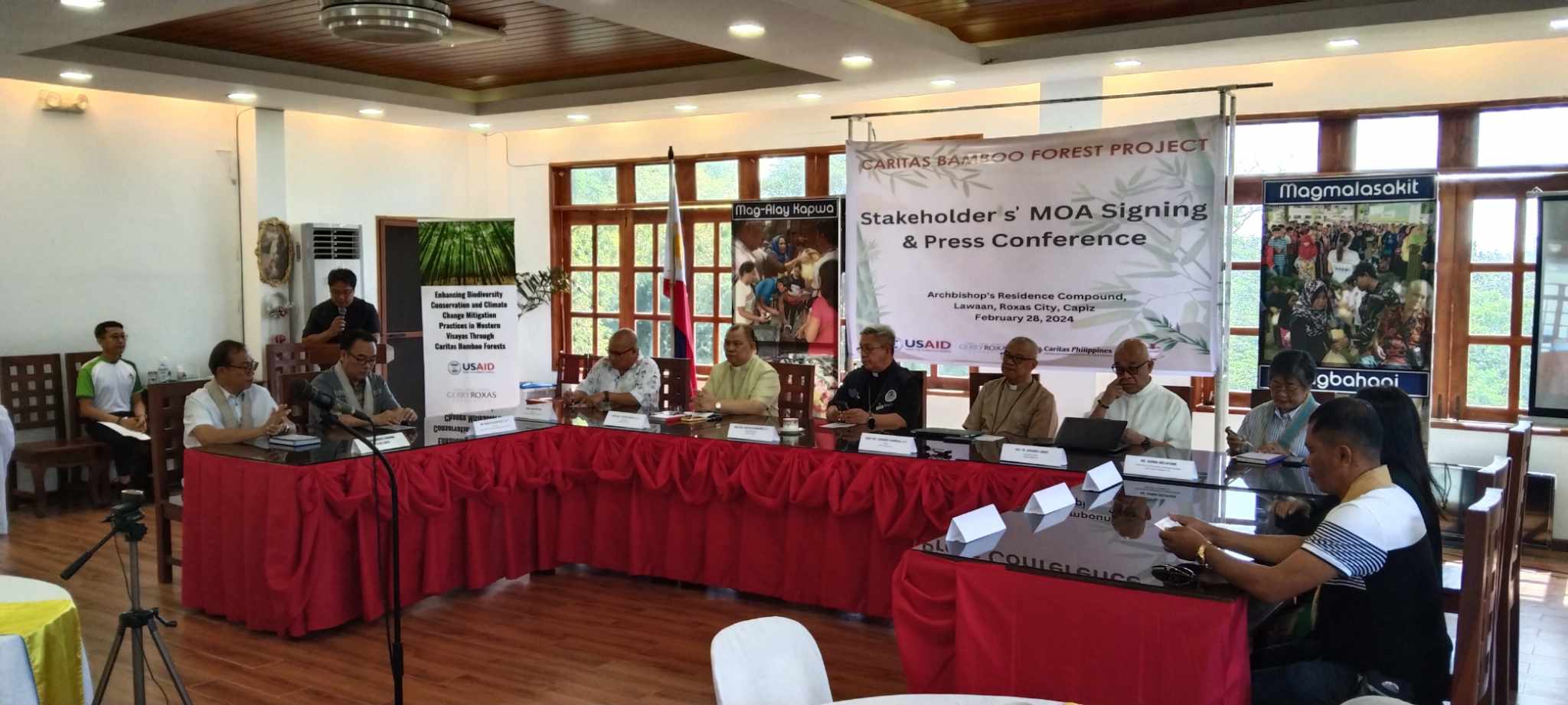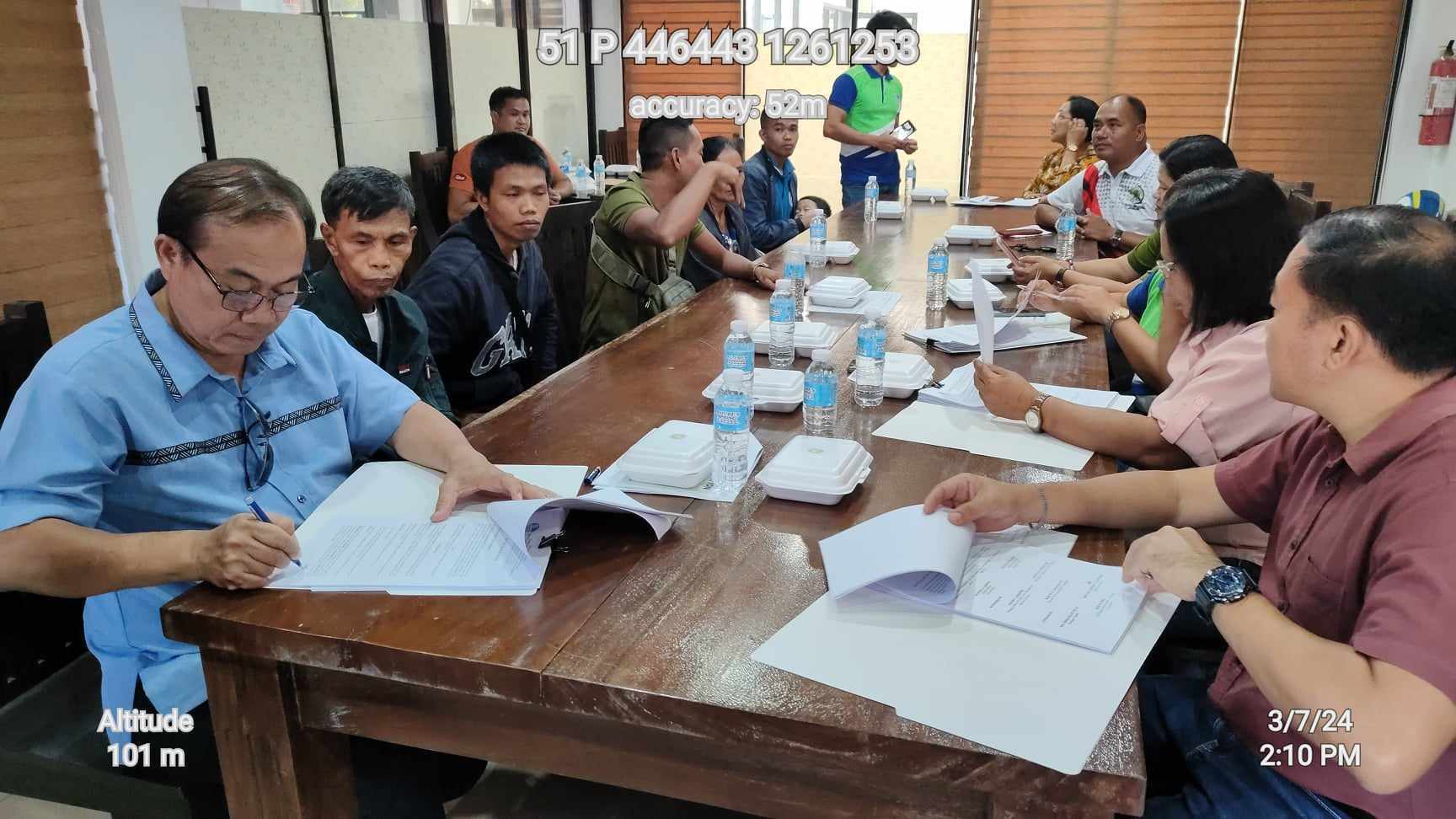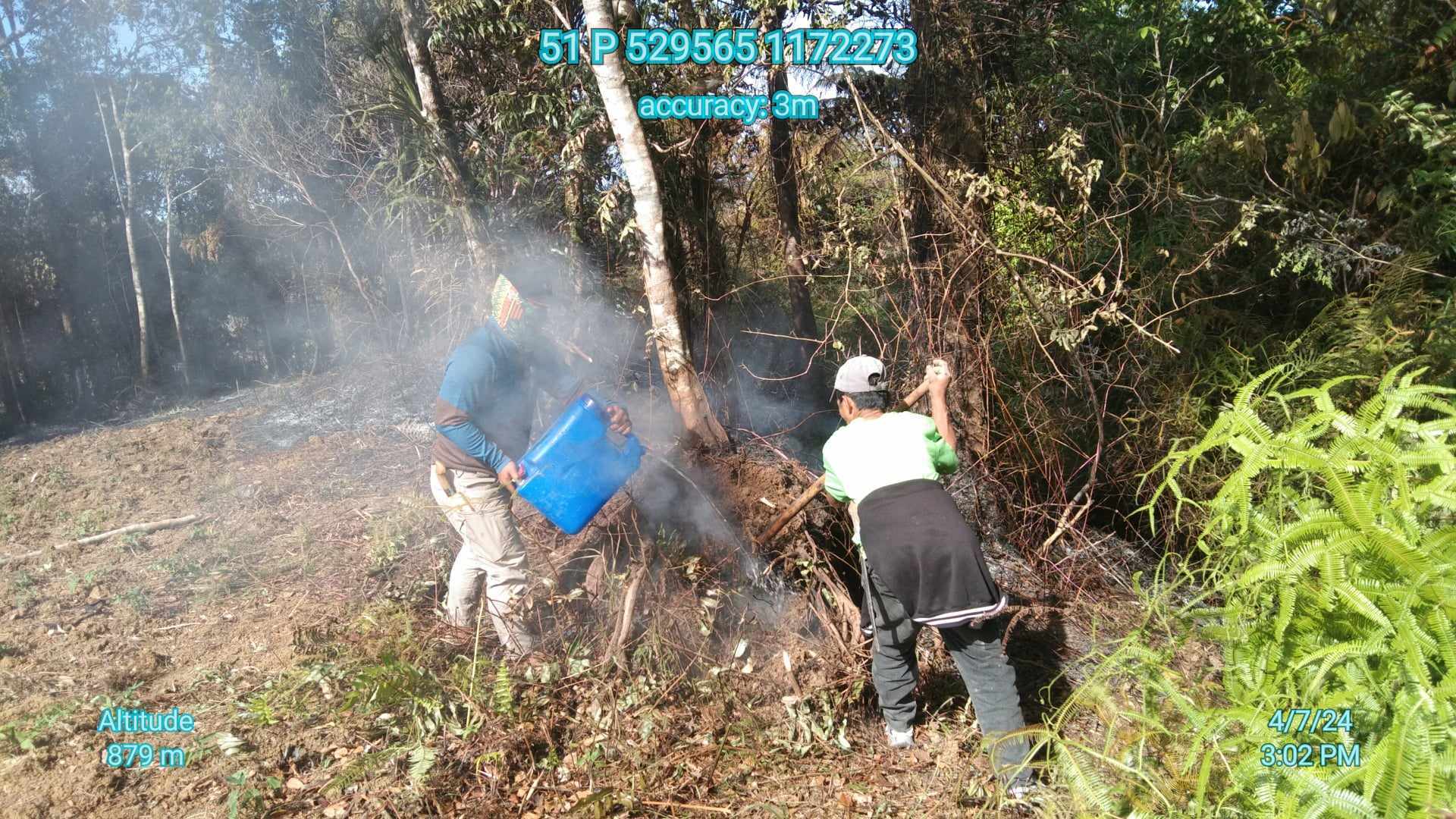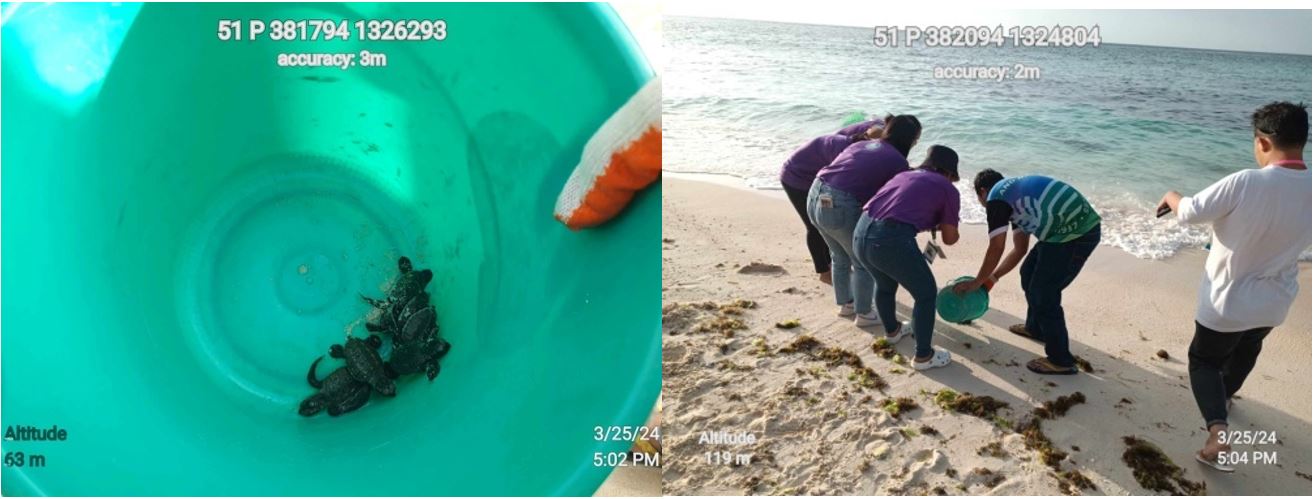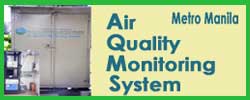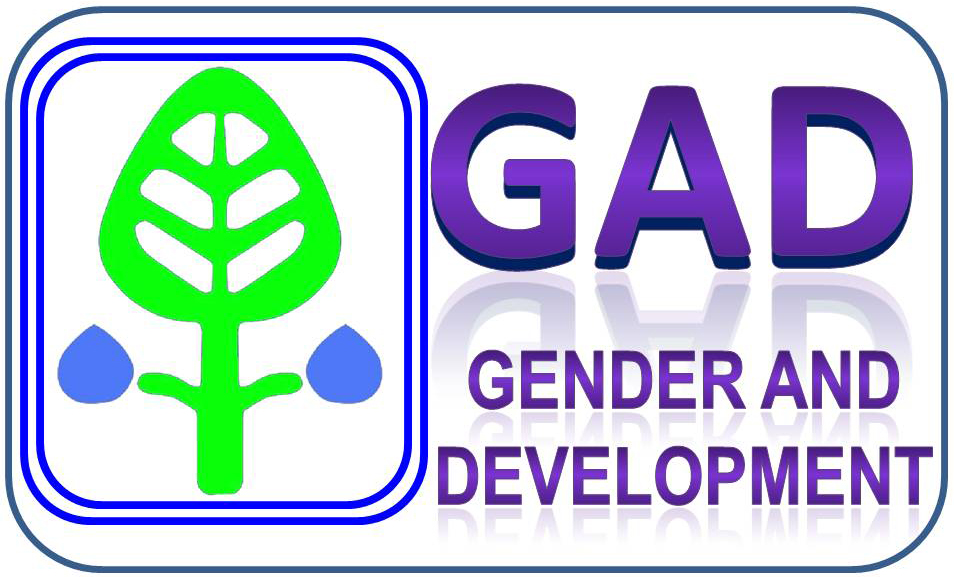The Philippines is set to release its report on the status of mercury pollution in the country and its hazards to the environment and public health in preparation for its ratification and implementation of the Minamata Convention, the world’s first legally binding treaty to phase out the highly toxic substance.
The country’s Minamata Initial Assessment (MIA) report was prepared by the Environmental Management Bureau (EMB) of the Department of Environment and Natural Resources (DENR) under a project financially supported by the Global Environment Facility (GEF).
DENR Secretary Roy A. Cimatu will lead the event marking the completion and launch of the MIA report, which is expected to set the tone for national discussions on mercury management in the Philippines. The event will be held tomorrow (March 20, 2019) in Pasig City.
“This report will enable us to determine the national requirements and needs for the ratification of the Minamata Convention and define national priorities for implementation of the treaty,” Cimatu said.
Also attending the event are DENR Undersecretary for Policy, Planning and International Affairs Jonas Leones, EMB Director MetodioTurbella and United Nations Environment Programme (UNEP) Program Director Shunichi Honda.
MIA consultant Ted Monroy will present the Philippine MIA Report, while representatives of the Department of Health and environmental non-government organization BAN Toxics will deliver messages.
Being a party to the Minamata Convention, the Philippines undertook the assessment to understand the existing institutional and legal frameworks on mercury management, sources of mercury management, sources of mercury releases, the gaps that need to be filled, and actions required to ensure an effective implementation of the convention.
Mercury, also known as quicksilver, is highly toxic metallic substance that can damage the brain, lungs, kidneys and heart; and can cause irreversible neurological damage that can lead to decreased intelligence and increased violent behavior.
For health and environmental reasons, global efforts are being made to reduce the use and release of mercury.
In 2013, the Philippines was one of the 128 countries that signed the Minamata Convention, which regulates the use and trade of mercury, a highly toxic substance that poses threats to human health and the environment.
The convention is named after the Japanese city where industrial emissions of the toxic substance caused a poisoning disease affecting thousands of people in the 1950s.
The Philippines has yet to ratify the convention, which entered into force in August 2017.
Once ratified, the Philippines can access technical and financial support from multilateral funds for the implementation of the convention and the management of mercury use and waste in the country.
Prior to signing the Minamata Convention, the country had already put in place regulatory policies against mercury, including Republic Act 6969 or the Toxic Substances and Hazardous Nuclear Wastes Control Act of 1990.
RA 6969 mandates the control and regulation of the import, manufacture, processing, handling, storage, transport, sale, distribution, use and disposal of chemical substances and mixtures that present unreasonable risks and/or injury to health and the environment, among others.
In 1997, the DENR issued a Chemical Control Order to regulate the use of mercury and mercury compounds and their dispersion into the environment to avoid its adverse effects. The directive provides specific requirements for the management of mercury and mercury-containing wastes. ###

